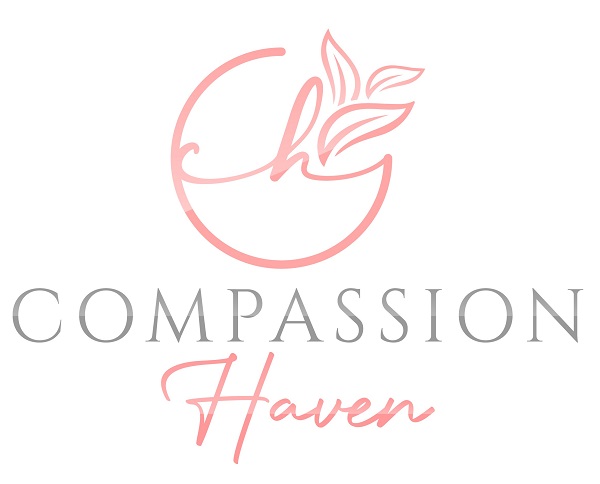Every person on this planet has come face to face with pain and suffering. It is the human condition to experience these things, time after time, in one form or another. As Kate Bowler so eloquently put it, there is no cure for being human. This truth can come with a sense of heartbreak, as well as comfort… knowing that we’re in this together.
Painful experiences such as grief, loss, anxiety, and depression, often come as an unexpected visitor, knocking at our door. As Jalaluddin Rumi explains in his poem The Guest House, we must invite them in… I mean, do we really have a choice? He wisely suggests not to fear our guests, but to treat them honorably, as they have been sent as a “guide from beyond.”
This is my most favorite poem which brings me strength and courage when facing adversity. Not because I believe that there are always reasons for the adversities we face, but because it inspires me to believe in the power of myself. It inspires me to trust that although I cannot change most things that are affecting me, I can change my relationship with them. Just like we cannot change which guest shows up at our door each morning, we have control over how we treat that guest, and what kind of relationship we will have with them.
This concept is embraced in many third-wave therapies such as mindfulness, acceptance and commitment-based therapy, and compassion-focused therapy. The idea is that, when experiencing anything, we have thoughts and feelings that are beyond our control. We don’t get to choose which feelings we are greeted with each day, or which thoughts initially come to our minds. However, we can choose to relinquish fear of these experiences- to accept them as they are, let go of the struggle to change or conceal them, and choose how we respond. We first courageously notice and name them. Then we can ask what, if anything, this feeling may be trying to communicate to us. Perhaps we can learn something about ourselves and our environments through listening to these messengers. Maybe your anger is telling you that someone is treating you unfairly? That you need to stand up for yourself and do something about it?
Maybe the thoughts and feelings are simply unhelpful and unproductive instead, as is often the case with anxiety. If this is the case, then we can choose to acknowledge the thoughts as just that- anxious thoughts (that are ultimately trying to protect you, but from something usually irrational). Not facts, evidence, or truth. Simply mental events in the mind. We can choose not to engage with them. Not to follow the irrational houseguest down a self-destructive rabbit hole. We can choose to allow the thoughts to exist, and focus on the present, on what we can control and do that is in line with our values. We can choose to live in the present moment, instead of inside our minds, thinking about the past or future. Anxiety cannot exist if we are fully in the present- it loses its power.
Most importantly, we can respond to difficult feelings and thoughts with self-compassion. That is, being kind and caring toward ourselves in moments of suffering. Being with ourselves as we would a dear friend. Telling ourselves that it’s ok… that we’re ok, that we’re doing our best, and that others feel this way sometimes too. And then, taking care of ourselves, and providing ourselves with whatever it is that we are needing in that moment- maybe that’s soothing and comfort, maybe its kind encouragement, or fierce motivation. This is where our power lies- In our relationship with our experiences, and ultimately, ourselves.

